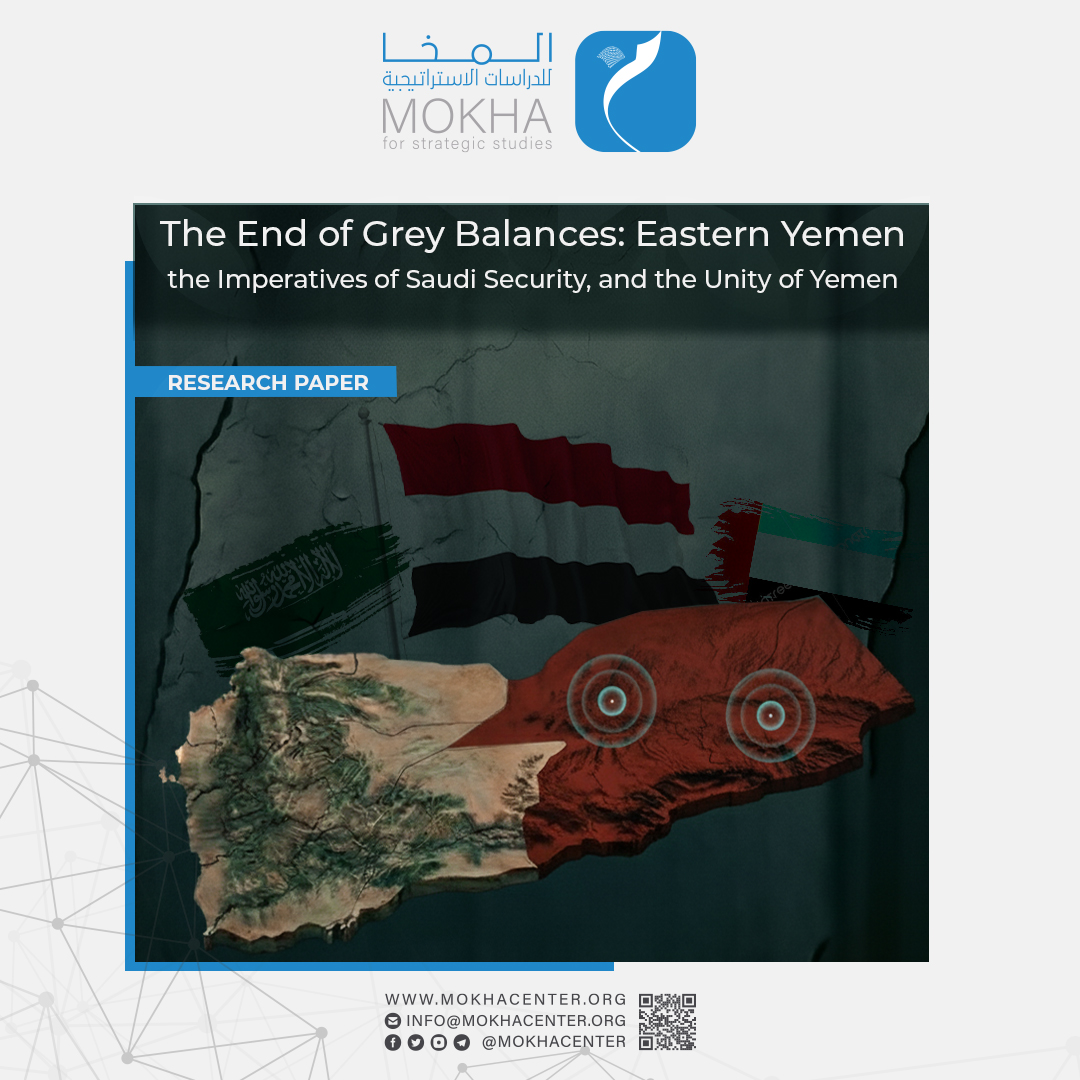Saudi economic policies toward Yemen in light of the current war

Saudi Arabia represents one of the most important regional and international actors in Yemen, due to the geostrategic importance of Yemen to Saudi Arabia, the Gulf region and the Arabian Peninsula. The opening of the Saudi labor market to Yemenis, in addition to aid and soft loans, has been one of the most important tools of Saudi foreign policies in its management of the Yemeni file during the past decades.
With the Houthis seizing power in the capital Sana’a, the transfer of the president and the government to Aden, and the outbreak of the Yemeni civil war, Saudi Arabia has been involved in the ongoing war in Yemen since March 2015, which caused catastrophic economic, social and humanitarian consequences for Yemenis.
During the years of war, Riyadh adopted new policies, like the reconstruction undertaken by the Saudi Development and Reconstruction Program for Yemen (SDRPY), which works under the supervision of the Saudi ambassador to Yemen. It also increased the number of cash deposits with the Central Bank of Yemen, which aims to enhance economic stability and maintain the value of the local currency.
The policy of absorbing Yemeni labor in Saudi Arabia has great importance to Yemen, given the importance of expatriate remittances to Yemeni families and the Yemeni government. When the war began, Riyadh adopted flexible policies to absorb Yemeni workers, especially those who were illegally present in Saudi Arabia. On the contrary, it adopted irrational and harsh policies toward Yemenis residing on their lands.
Many of them were forced to leave Saudi Arabia, where they spent most of their lives, and return to Yemen, or forced to search for another country to live in, which increased the suffering and expanded the scale of the humanitarian tragedy that Yemenis have been witnessing.
The financial development and reconstruction policies had a limited impact on development in Yemen, due to the distribution of the provided aid to many projects in multiple sectors, such as electricity, education, health, roads, ports, airports, agriculture, industry and other sectors. In addition, most of the projects that have been implemented are small projects with a limited developmental and economic impact, and cash deposits alone were not able to stop the decline in the value of the national currency. On the humanitarian side, Saudi Arabia represented one of the most important supporters of the humanitarian work in Yemen and came in second place among the donor countries.
The war caused severe damage to the Yemeni infrastructure, a large sector of which was destroyed without justification. In addition, Riyadh adopted the policy of a comprehensive economic blockade, overlooked the UAE’s control of Yemeni ports and airports, prevented the Yemeni government from obtaining its financial returns, which contributed to depriving it of hard currency, reduced its options in dealing with the national currency crisis and participated in the rise of prices and the cost of living. As the days went by, it became clear that Saudi Arabia was losing the support of Yemenis, and it could not prevent the arrival of weapons to the Houthis.
Despite the importance of the economic policies adopted by Saudi Arabia toward the Yemeni economy, they were insufficient and ineffective, as it is necessary to direct them toward the most economically recovering Yemeni sectors, in a way that contributes to strengthening aspects of economic integration between Yemen and Saudi Arabia, strengthening the governmental institutional structure and supporting economic stability in Yemen, as well as the importance of working to expand the methods of improving the conditions of Yemeni labor in Saudi Arabia and granting them more privileges and rights.

